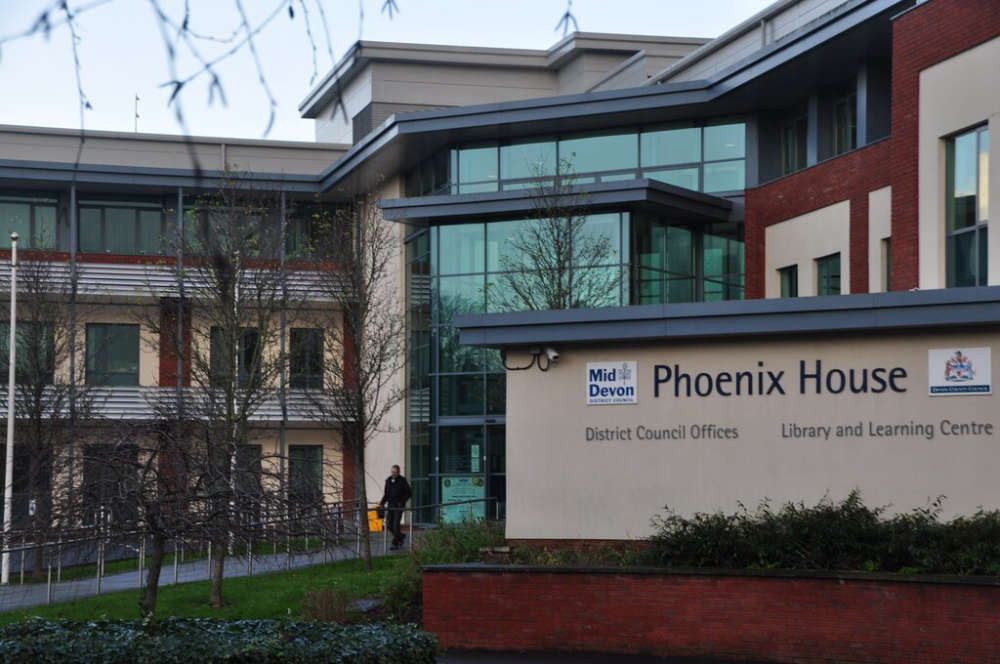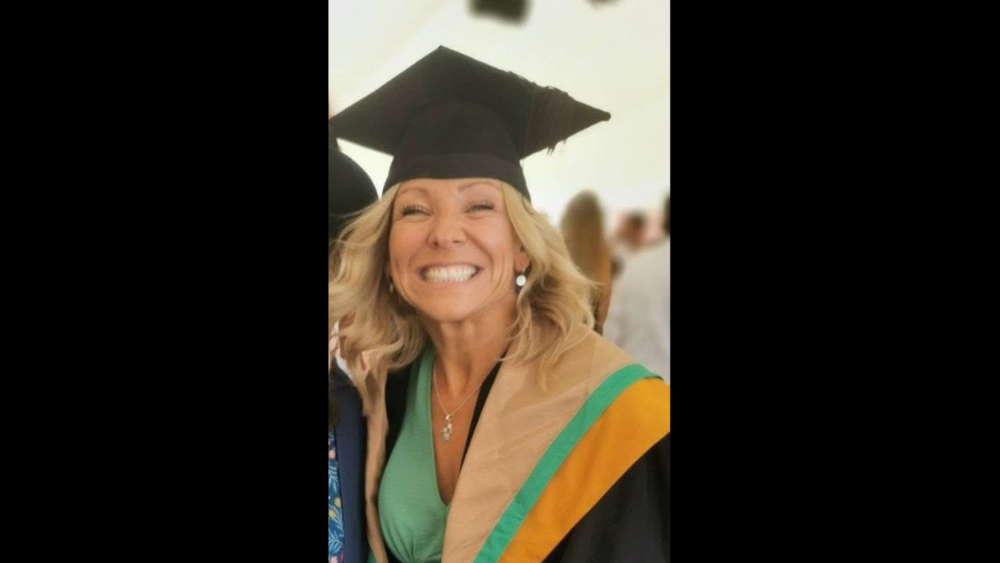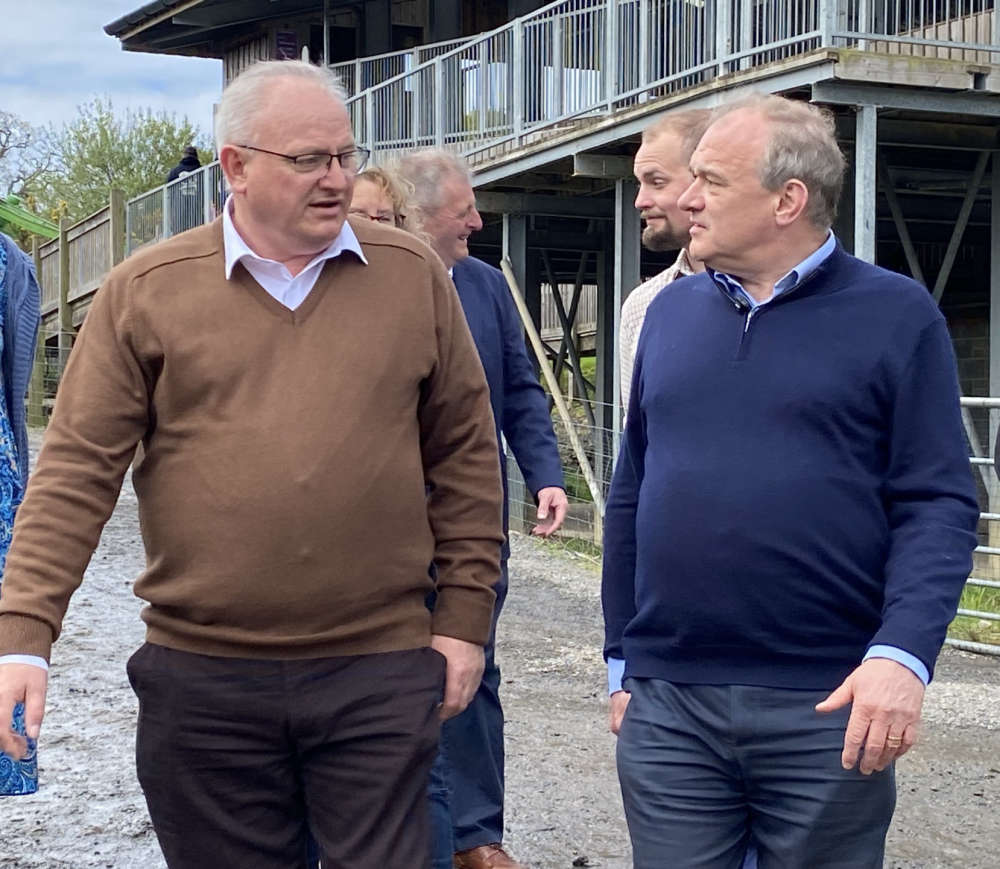
Public can still ask questions live
Mid Devon residents are claiming victory after changes were made to proposals they claim would have stifled the public’s ability to quiz councillors.
Concerns about planned alterations to the rules surrounding public questions dominated the district council’s standards committee this week.
Key fears included a suggestion that such questions could be removed from planning meetings, and worries that the proposed rules seemed to suggest all questions needed to be submitted in writing before meetings.
At present, questions can be submitted in advance, but residents can also ask something on the day if they have registered to speak.
However, Mid Devon rushed out an amendment just three hours ahead of the meeting in a bid to appease growing unrest and try to clear up any confusion.
The amendment reinstated that the planning committee had its own arrangements for public questions, made clear that questions were only required in advance if the person asking them wanted an answer at the meeting they were due to attend, and also reinstated the ability for people to make statements alongside questions.
Goff Welchman, who regularly asks questions at Mid Devon meetings, said after the meeting that the amendments were “a victory for democracy over clandestine manoeuvres in the dark.
“I and others were highly suspicious of the motive and instigator of this undemocratic proposal, given all the recent forensic questions about the 3 Rivers disaster, and some members of the public demonstrated at the entrance to Phoenix House,” he said.
“So we spoke in turn, opposing the proposal, and reminded the committee members that their leader had promised, after the last election, a new era of openness and transparency.”
Barry Warren, a former Mid Devon councillor and leader, said he was “pleased” with the eventual outcome.
Earlier in the week, he sent members of the standards committee and the council’s chairman an eight-page document outlining why the proposed changes shouldn’t be made.
“It shows recognition of the fact that the public should have an input to all these things,” he said.
He added that the ability to continue to be able to ask questions on the day of a meeting is extremely important, as it prevented questions being vetted in advance, and therefore, potentially ignored.
The proposed rules, which will now go to cabinet for approval, do, however, give committee chairpeople the ability to reject questions if they are “in his/her opinion scurrilous, improper, capricious, irrelevant or otherwise objectionable”.
Fellow regular Mid Devon attendee Paul Elstone called the amendments a “total U-turn” and that initial proposals had been made to “fully suppress myself and Barry [Warren] et al from interrogating or revealing a raft of MDDC poor decision-making”.
He added he felt that the Lib Dems would now “try and make the U-turn a political success”.
Cllr Taylor [Liberal Democrat, Bradninch] said: “There is no change whatsoever to stop people asking questions at council meetings,” he said.
“[The initial proposals] were not stating that people must submit questions in advance, residents can turn up and register to speak and they will be allowed to do so.
“All the change we proposed meant was that if the person wished to receive an answer at that meeting would need to be submitted three days in advance.”
The three days is an increase from the current two days, which Cllr Taylor said is to ensure that officers and councillors had enough time to research the correct information.
Cllr Taylor also noted that the proposal to axe public question time from planning meetings was a suggestion by the Local Government Association’s Planning Advisory Service to bring it in line with other councils.
“However, I also note that its advice was prepared during the dysfunction of the previous council and it may or may not still be what is best for us today,” he said.
Councillor Nikki Woollatt (Independent, Cullompton St Andrews), questioned whether all the changes should be dropped given that amendments to the process had been made by councillors last year.
“Some of the changes we made in June last year were intended to make the council more open and public engagement easier, but these proposals take the council back to an even more restrictive regime than prior to the recent changes,” she said.
Councillor Matt Fletcher (Liberal Democrat, Cullompton Vale), felt the amendments showed the authority had heard public feedback.
“The amendments show that we are listening and acting on what the public asks,” he said.
“I was someone who did have concerns about them initially.”
And Les Cruwys (Liberal Democrat, Tiverton Cranmore) said he is pleased about the amendments, particularly allowing public questions at planning meetings, which he chairs.
“I know it can be repetitive and sometimes not relevant, but residents want to tell us how they feel about something happening in their area and if we want to be open and democratic, we must be seen to be listening to what people say,” he said.
 MPs blast ‘scandal’ of sewage spills
MPs blast ‘scandal’ of sewage spills
 Devoncast – Farage, Davey, and fighting fight fires
Devoncast – Farage, Davey, and fighting fight fires
 Man sentenced after killing estranged wife
Man sentenced after killing estranged wife
 Five to fight it out in North Devon by-election
Five to fight it out in North Devon by-election
 Lib Dem leader calls for upgrades to North Devon hospital
Lib Dem leader calls for upgrades to North Devon hospital
